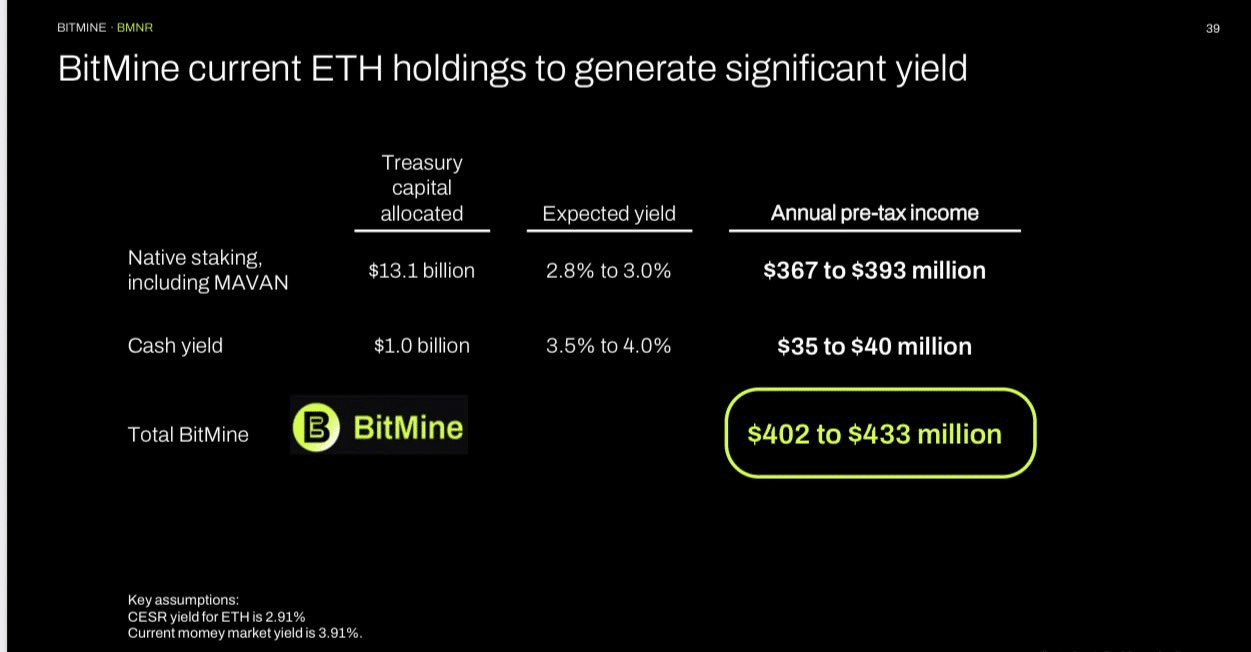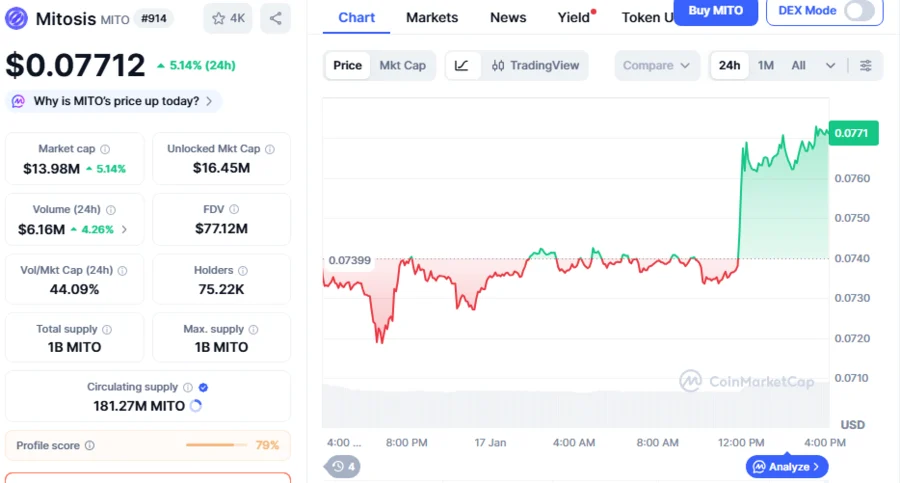Stablecoin Trust and Liquidity: Evaluating StraitsX’s XUSD/XSGD as a Pillar of Digital Finance
- StraitsX’s XUSD/XSGD stablecoins use monthly audits and segregated reserves to ensure 1:1 fiat backing, enhancing transparency and trust. - Real-time liquidity management, including cash and short-term deposits, prevents de-pegging risks during market volatility. - Alignment with MAS, AIFMD, and ESMA standards positions XUSD/XSGD as a regulatory-compliant bridge between traditional and decentralized finance. - By prioritizing transparency, asset segregation, and global compliance, StraitsX addresses past
In an era where stablecoins have become critical to global digital finance, trust and liquidity are not just buzzwords—they are existential requirements. For investors, the collapse of overcollateralized stablecoins like TerraUSD has underscored the need for rigorous transparency and robust reserve management. StraitsX’s XUSD and XSGD, however, stand apart as models of institutional-grade stability, leveraging real-time attestation, segregated reserves, and regulatory alignment to build a foundation of trust. This article evaluates how these mechanisms position XUSD/XSGD as pillars of the next-generation stablecoin ecosystem.
Transparency as a Competitive Edge
StraitsX’s transparency framework is anchored in its monthly attestation reports, which are publicly accessible and audited by certified public accountants under ISCA (Institute of Chartered Accountants) standards. For example, the June 2025 XSGD attestation confirmed that every token was fully backed by Singapore Dollar (SGD) reserves, with detailed breakdowns of asset holdings and segregated account balances [1]. Similarly, XUSD’s May 2025 report demonstrated a 1:1 U.S. Dollar (USD) reserve ratio, reinforcing its parity with traditional fiat [3]. These reports are not static documents but part of a dynamic process: StraitsX also provides monthly proof-of-reserve snapshots, enabling real-time visibility for users and institutional stakeholders [1].
The rigor of these audits is further validated by third-party validation. Independent auditors verify that reserves are held in licensed institutions—XSGD in a MAS-licensed Singaporean bank, and XIDR (another StraitsX stablecoin) in an Indonesian regulator-approved entity [3]. This segregation ensures that reserves are legally protected from operational risks, a critical factor for investors wary of past stablecoin collapses.
Liquidity Management: Beyond the Peg
Maintaining a stable 1:1 peg requires more than just reserves—it demands proactive liquidity management. StraitsX addresses this through a dual strategy: 100% fiat-backed reserves and alignment with global regulatory best practices. For instance, its collaboration with the Monetary Authority of Singapore (MAS) in initiatives like Project Orchid ensures that XSGD adheres to cutting-edge standards for stablecoin operations [5]. Additionally, StraitsX’s liquidity practices mirror those of AIFMD (Alternative Investment Fund Managers Directive) and UCITS IV (Undertakings for Collective Investment in Transferable Securities) frameworks, which emphasize stress testing and tailored redemption policies [4].
This approach is particularly relevant in volatile markets. By holding reserves in high-quality, liquid assets and avoiding overleveraging, StraitsX mitigates the risk of de-pegging. For example, during the June 2025 audit, XSGD’s reserves included a mix of cash and short-term deposits, ensuring immediate liquidity for redemptions [1]. Such practices align with the European Securities and Markets Authority’s (ESMA) guidelines, which stress the importance of liquidity buffers for stablecoin issuers [4].
Regulatory Alignment: A Global Benchmark
StraitsX’s commitment to regulatory compliance is not incidental—it is strategic. By adhering to MAS’s Project Orchid and Singapore’s broader fintech regulations, the platform positions itself as a bridge between traditional finance and decentralized systems [5]. This alignment is critical for institutional investors, who require legal certainty before allocating capital to digital assets. Furthermore, StraitsX’s transparency reports are designed to meet international standards, such as those proposed by the U.S. Treasury’s Office of Foreign Assets Control (OFAC) and the Financial Action Task Force (FATF) [6].
Conclusion: A Model for the Future
For investors, the key takeaway is clear: XUSD and XSGD are not just stablecoins—they are engineered to be trust anchors in a fragmented digital finance landscape. Their combination of real-time transparency, segregated reserves, and regulatory foresight addresses the core vulnerabilities that have plagued earlier stablecoin projects. As global regulators intensify scrutiny of stablecoin operations, StraitsX’s proactive approach ensures that XUSD/XSGD remain not only compliant but also competitive.
In a market where trust is the ultimate currency, StraitsX has built a fortress.
Source:
[1] StraitsX Sets New Benchmark for Stablecoin Transparency
[2] XSGD June 2025 Attestation Reports Now Available
[3] Understanding XSGD/XIDR Stability: Why 100% Cash
[4] AIFMD and UCITS IV Updates: Liquidity and Redemption
[5] Compliance and Regulations: The Driver of Fiat-backed
[6] XUSD, XSGD Attestation Confirms Fiat Backing
Disclaimer: The content of this article solely reflects the author's opinion and does not represent the platform in any capacity. This article is not intended to serve as a reference for making investment decisions.
You may also like
From $3.5K to $12K? Here’s why BMNR’s Ethereum forecast makes sense

Mitosis Price Flashes a Massive Breakout Hope; Cup-And-Handle Pattern Signals MITO Targeting 50% Rally To $0.115305 Level

Recent financial moves by Trump spark renewed worries about possible conflicts of interest
Why Quant (QNT) Price Is Rising Today: Can It Hit $100 This Weekend?
